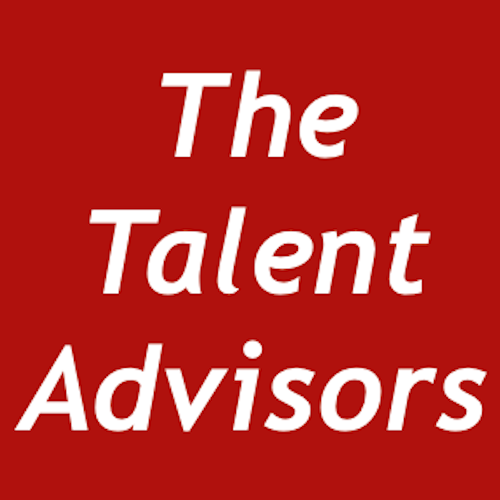THE DIRECTOR INTERVIEW
This article is part of our Insights For Action series. Join the mailing list to receive this and more.
Overview of Our 1:1 Coach-Mentor Session for A Board Interview
Too many candidates are anxious about interview content, so spend a lot of time researching the organisation and less on thinking how to make their distinctive capabilities evident. The board is trying to find out if you fit the part, are a good thinker and bring real value to the table.
To get to the interview stage of the non-executive director nomination process takes considerable effort and the honing of board relevant capabilities. It is disappointing, after a long search and being one of the candidates on a strong director short-list, not to be selected. Interviews can be fraught.
Nomination committees look for good thought processes and prior exposure to the issues being faced by their board. In theory, the interview for a board position would explore the high-level skills relevant to the industry or the specific non-profit, your strategic perspective, how you deal with complexity and whether you can operate under pressure.
The skills matrix and director vacancy requirements should guide the specific interview questions, including seeking your views on how you would contribute to the challenges of relevance to the organisation, assess strategic choices, balance commercial or social impact, address tolerances for risk and approach to governance.
Then there is your level of engagement for a strong contribution, your director style and values, any conflicts and your capacity to meet the required time commitment. I often ask executives that I coach “what type of leader do you want to be?” and “how will you make it happen?” Similar questions apply to being a director: “what type of director do you want to be?” and “why do you really want this?”
There is not a single approach to a directorship interview as the type of board as well as the skill and style of those conducting the interview, shape the experience and questions.
Board interview preparation is about: Context … Capability … Cut-through … Culture
You will need to guide those from the nomination committee during the interview process. This includes countering any biases or pre-existing preferences and shifting the focus from exact experience to transferable skills or potential.
Do this by:
1. Having a very strong story about your distinct director-level capabilities. The themes running through your application documents (resume and cover letter) should give clarity to the value you bring to the boardroom and the business case for your nomination.
2. Preparing fully by knowing the board and its strategic issues, the life cycle stage of the organisation, the particular governance challenges and complexities of the industry or non-profit sector. While some information may not be available, do have a view or be prepared to share your insights.
3. Having a plan. Prepare a checklist and response framework for greater flexibility in the actual interview to communicate the value you bring. This also helps if the question is framed a little differently to what you anticipated.
4. Claim the space by using governance and board-level language, rather than sounding like an executive. This includes asking a smart question when presented with the opportunity near the end of the interview.
5. Well ahead of any virtual meeting ensure a private, quiet space and that your technology works including sound levels, background image, camera position, framing and lighting, while having no distractions from other devices. Elevate your device and have a soft light behind the camera. Think through body language, eye contact and how to project warmth while online.
6. Decide the three or four messages you want to convey. Create concise stories about your achievements and rehearse (out loud) until they are natural and automatic. These should show the connection between what you have achieved and what is really needed to succeed in the board context.
7. Signalling your potential. Every candidate comes with gaps in their skills and experience. Show how your competencies link to those areas where you may not have direct experience. When appropriate ask what components of your background are of particular interest to the board and its future direction.
8. Making the intangible, tangible. Have evidence-based examples to all questions including those that focus on your time commitment, ethics and integrity, motivation, judgement as a director, collegiality or director style.
9. Controlling first impressions. How you communicate and how at ease you are establishes your presence as a potential director. Have a targeted answer to broad introductory questions such as: ‘Tell us about yourself?’
10. Flexibility during the actual interview is key. Being well prepared and rehearsed is the ideal for either face to face or virtual meetings as the purpose is to be able to respond to differing interview styles and questions. Have three responses ready to any probe about a gap in capability.
11. Reading the interview dynamic. The right balance between going in too hard versus getting the necessary information across is important. It will also assist to address any issues or start to build ongoing rapport.
Remember, inadequate planning and under-rehearsal are two pitfalls in director interviews.
Discover the support we offer aspiring directors.
Copyright and All Rights Reserved | About Dianne Jacobs | Discover how to get On Boards or Next Level | Join the Mailing List


